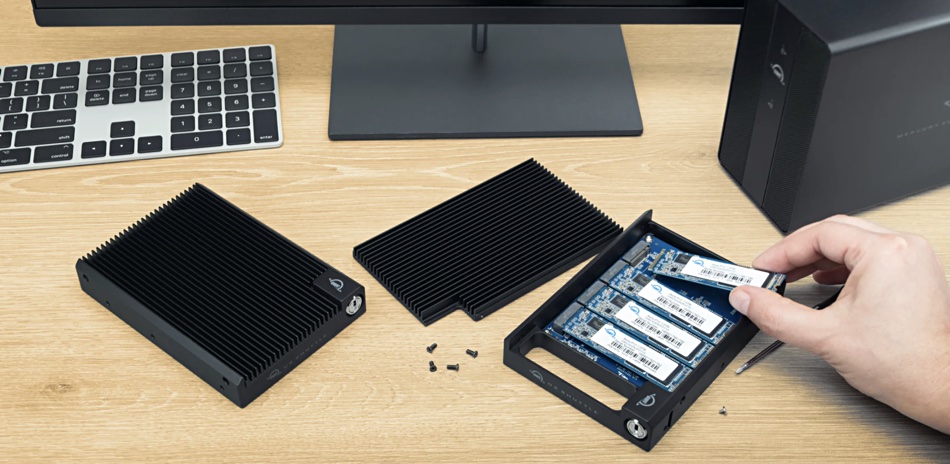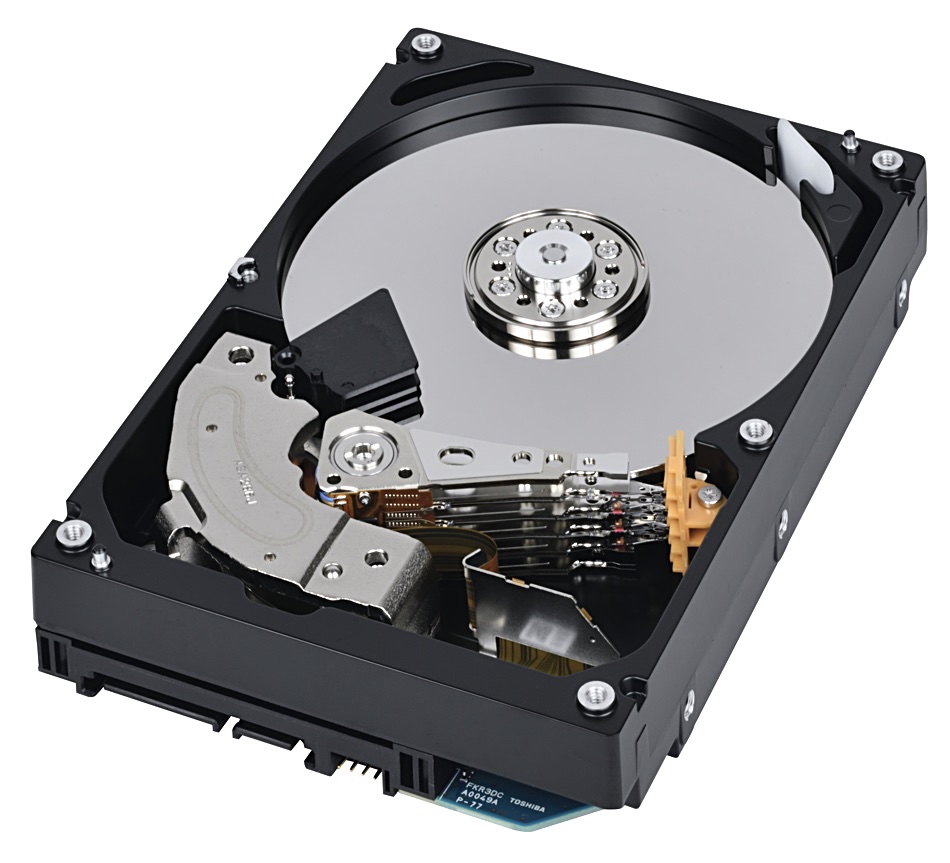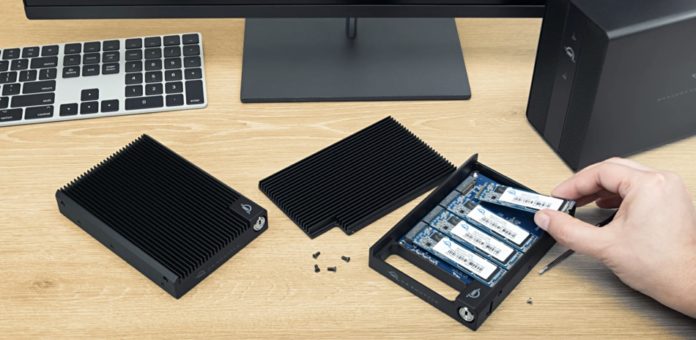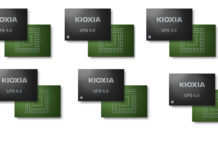In this week’s storage news roundup, Cohesity and Cisco say users can save bundles of cash compared to using other servers and unstructured data management software. We’ve also got a couple of flash products, a DNA storage snippet, a NAS earthquake tremor and a clutch of suppliers making good coin.
Cisco and Cohesity benefits studied
Cisco and Cohesity commissioned Forrester Consulting to conduct an independent Total Economic Impact study that evaluates the tangible value of Cohesity software on Cisco Unified Computing System (UCS).
The study found a Cisco UCS/Cohesity software system delivered an overall return on investment (ROI) of 150 per cent in three years for a modeled composite organisation. The payback period was a year, and the total benefits present value realised, when compared to the total costs of $1.05m, was $2.63m.
Other findings:
- 83 per cent to 99 per cent reduction in recovery time
- 25 per cent of the workday returned to data administrators and application developers by boosting efficiency in sharing backup data
- 70 per cent reduction in annual storage infrastructure expenditures
- 80 per cent + less time to install servers with Cisco Validated Design
Microchip’s tri-mode storage controller
Microchip has announced the production release of the first products to deliver 24Gbit/s SAS, SATA, PCIe Gen 4 and NVMe; the Smart Storage PCIe Gen 4 Tri-Mode SmartROC (RAID-on-Chip) 3200 and SmartIOC (I/O Controller) 2200 storage controllers.
Pete Hazen, VP for Microchip’s data centre solutions business unit, said: “Our industry firsts include support for a PCIe Gen 4 interface with DirectPath technology for low-latency NVMe transactions, and 24G SAS with Dynamic Channel Multiplexing (DCM) for more efficient aggregation of lower-speed SAS or SATA hard drives onto 24G SAS infrastructure.”
SmartROC 3200 and SmartIOC 2200 products support both x8 and x16 PCIe Gen 4 host interfaces and up to 32 lanes of SAS/SATA/NVMe connectivity. Support for up to 8 GB of on-board cache triples the RAID performance compared to competitive alternatives, while DCM delivers link efficiency of greater than 99% while ensuring full interoperability with existing legacy SAS/SATA infrastructure.
The products are available in volume production quantities.
OWC’s 4-stack M.2 carrier
OWC’s U2 Shuttle contains four M.2 (gumstick) NVMe SSDs and fits in 3.5-inch drive bays. It can be used with U.2 port-equipped PCs and servers, as well as OWC storage and PCIe expansion systems. The M.2 SSDs can be OWC’s own Aura brand drives.

Aura P12 Pro preconfigured U2 Shuttles have NVMe drives using Triple-Level Cell (TLC) 3D NAND with SLC caching and a Phison E12 controller. By utilising a U.2 port equipped OWC system or a PC with an available 3.5-inch drive bay on both ends, you can ship the shuttle to the post-processing lab where it swaps in to a host system.
This carrier Shuttle can be used by video editors, audio producers, photographers, and graphic designers who want a multi-blade SSD providing, OWC says, blistering speed, massive capacity, RAID-ready flexibility, and swappable convenience. The product lowers production-to-lab shipping costs versus shipping larger, disk-based, heavier drives.
A RAID 0, 1, 4, 5, or 10 scheme can be set up across the 4 SSDs using RAID hardware cards hardware cards or RAID utilities including SoftRAID. RAID will provide extra performance and/or protection.
The OWC U2 Shuttle will be available in January 2021 for $149.99 at MacSales.com. It has a 1 Year OWC limited warranty and lifetime support
Show me the money
Hornetsecurity has bought backup supplier Altaro. The buyer is a cloud security specialist headquartered in Germany that operates in more than 30 countries and has arounds 40,000 customers. Altaro has backup offerings for Hyper-V, VMware, physical servers, network endpoints and Microsoft Office 365. It says it has 50,000+ customers in 121+ countries, 10,000 partners and 2,000+ MSPs.
Deduplicating backup target supplier Exagrid reported it had a record bookings quarter ending December 31, 2020, adding over 130 new customers, including a record 41 new customers with initial purchases over six figures. Bill Andrews, Exagrid CEO and President, said: “We are replacing low-cost primary storage disk from Dell, HPE, and NTAP behind Commvault and Veeam, as ExaGrid is far less expensive for longer-term retention. We are also consistently replacing Dell EMC Data Domain, HPE StoreOnce and Veritas inline scale-up deduplication appliances.”
Kasten by Veeam has announced 500 per cent growth Y/Y in both revenue and customers for its Kubernetes data management platform. This was helped in part of its acquisition by Veeam in October, along with the explosion of global Kubernetes and container adoption.
Data management startup Komprise announced record growth in 2020, despite the challenges of the pandemic. Key growth drivers included: unstructured data under management grew by over 300 per cent, a record number of major enterprises signed up as new customers, and the company expanded key strategic partnerships. Over 50 new channel partners were on-boarded.
File system platform supplier WekaIO recorded a 350 per cent Y/Y increase in its cloud business, while on-premises revenues more than doubled Y/Yin 2020. Additionally, customer confidence was strong with a 95 per cent re-purchase rate, with re-purchases generally 500 per cent higher than the original purchase. Today, 8 of the Fortune 50 are WekaIO customers.
VAST Data has announced a major U.S. Federal Agency has committed over $10m on VAST Data’s Universal Storage to consolidate their data analytics infrastructure into a single, flash-based storage system to support the needs of so-called grand-challenge data science. The agency will utilise VAST’s technology to unlock the secrets hidden within vast reserves of biological, population and health data. We understand the RFP was written for “Netapp, Netapp equivalent or better.”
Databricks has added two new board members. Elena Donio is on Twilio’s board and was on PayScale’s Board before the company was sold in 2019. She is the former president at Concur and most recently served as CEO at Axiom. Jonathan Chadwick is a board member and advisor to Zoom, Stripe, Elastic, and ServiceNow. He is the former EVP, COO and CFO of VMware and CFO at Skype. Databricks achieved a $350m+ revenue run rate as of Q3 2020, up from $200m in Q3 2019, and is now among the fastest-growing enterprise software cloud companies on record.
Starburst announced an undisclosed additional investment from David Schneider who will bring his expertise from leadership positions at ServiceNow, EMC, and Data Domain to help build and scale Starburst’s growth strategy. This follows the company’s recent $100m funding round.
Eat my shorts
Cloud data warehouser Snowflake announced an over 300 per cent increase in the total number of data providers on its Data Marketplace since April 2020. The marketplace has more than 350 datasets from over 120 data providers like Heap Analytics, Knoema, FactSet, Safegraph, WeatherSource and more, across 16 key categories – 26 per cent of which are open datasets available for all Snowflake customers to access.
Couchbase’s Database-as-a-Service offering, Couchbase Cloud, is now available on Microsoft Azure.
In-memory computing supplier GridGain has announced GridGain v8.8 with enhanced support for GridGain’s multi-tier database engine. It now scales up and out across memory and disk. This changes enable customers to leverage the disk tier of the database to query much larger datasets, reduce total cost of ownership, and secure sensitive or personal data at rest.
The California Institute of Technology is using iXsystems open source TrueNAS to support its fibre optic seismic research. This involves measuring seismic activity using dark fibre optic cables. As tremors occur, the fibre optic lines identify the earth’s movement at thousands of locations and relay that data back to Caltech for fast analysis.
Quantum has joined the DNA Data Storage Alliance to support the ongoing growth and development of the future DNA data storage market. It says Quantum’s digital archive experience and expertise will help the Alliance advance the use of DNA data storage to solve the challenges of preserving valuable digital data for centuries.
Showa Denko K.K. (SDK) will increase its aluminium substrate manufacturing for disk drive media, raising the group’s production capacity by 30 per cent. SDK’s Japan-based subsidiary Showa Denko HD Yamagata will build a new facility, beginning in February 2021, with mass production scheduled to commence in early 2022. Toshiba uses SDK aluminium platters in its MG-series and other disk drives and will use them in its coming MAMR disk drives.









